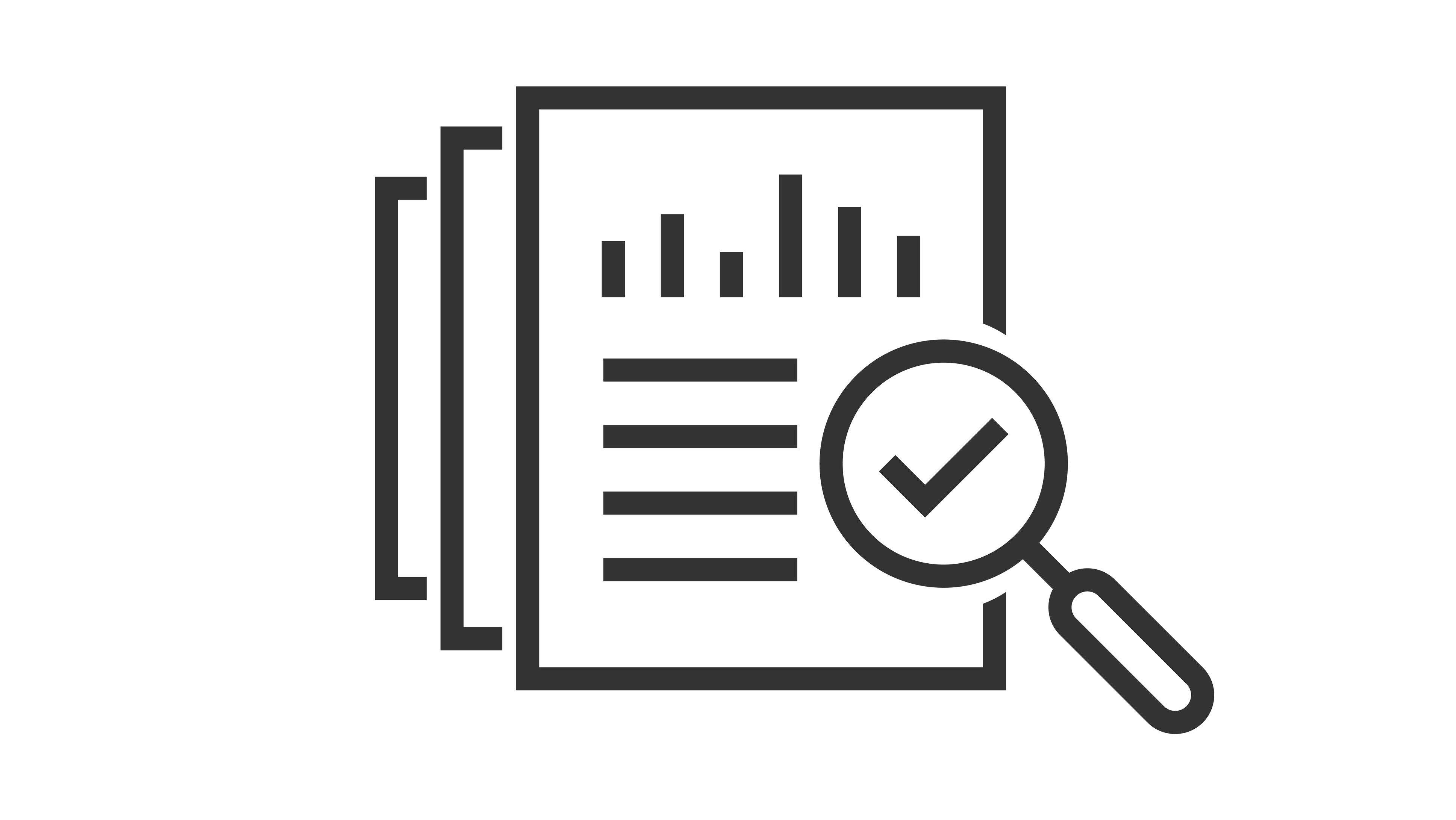In the computing sector, key stakeholders include technology companies (hardware and software manufacturers, cloud providers), consumers, developers, and regulatory bodies. Investors and shareholders are interested in financial performance, while academic institutions and NGOs play roles in research and advocacy. Suppliers provide essential components and innovation, media disseminate information and shape perceptions, and analysts offer market insights and guidance, collectively playing crucial roles in the computing sector's growth and adaptability which makes them essential. Competitors and collaborators interact, while startups innovate and challenge incumbents. Businesses relying on computing services, like e-commerce and social media, are stakeholders, too. Environmental advocates emphasize sustainability.
Disruptions in computing arise from both shifts in these stakeholder dynamics and innovation in the sector, affecting technology development, market competition, and regulatory environments. Stakeholders' interests and actions influence the sector's direction and innovation, making it vital to consider their roles in analyzing disruptions and trends in computing.
In each of these industries, the disruptions are driven by advancements in computing technologies such as artificial intelligence, big data analytics, IoT, and blockchain. Companies and organizations that adapt to these changes and leverage technology innovation are more likely to thrive, while those that resist or fail to keep pace with these disruptions may face challenges and even obsolescence. Additionally, new business models and opportunities may emerge because of these disruptions, creating new possibilities for entrepreneurs and innovators.
The major markets in computing that are impacted by disruption in the sector include technology hardware, software development, cloud computing, artificial intelligence, data analytics, cybersecurity, E-commerce and retail, healthcare technology, energy/utilities, entertainment/media, aerospace defense, and financial services. The markets that will be directly affected are those that have a primary focus on computing and technology. Other markets will face disruption and will be forced to focus on innovation to maintain success. Computing influences how businesses innovate, serve customers, and secure data. It enables smart grids, autonomous vehicles, and telemedicine. Computing is the driving force behind innovation, efficiency, and competitiveness across the global economy. Adapting to computing trends is critical for businesses to thrive in today's tech-driven world.
Some domains that are adjacent include IT, software development, data science, cybersecurity, networking, AI, machine learning, robotics, HCI, quantum computing, bioinformatics, cloud computing, e-commerce, telecommunication and health IT. These examples of domains of how disruptive innovations in computing can have a profound impact by reshaping business models, processes, and user experiences. It is closely interconnected with computing, and professionals in these fields often have expertise in various computing-related disciplines. Advances in computing technology frequently have a significant impact on these adjacent domains, driving innovation and transformation. Disruptors often drive innovation and create new opportunities while challenging existing norms and practices. In summary, domains adjacent to computing are essential for driving innovations, solving complex problems, improving efficiency, and enhancing aspects of human life. The integration with computing accelerates progress in different fields, making them crucial for societal development and progress.





